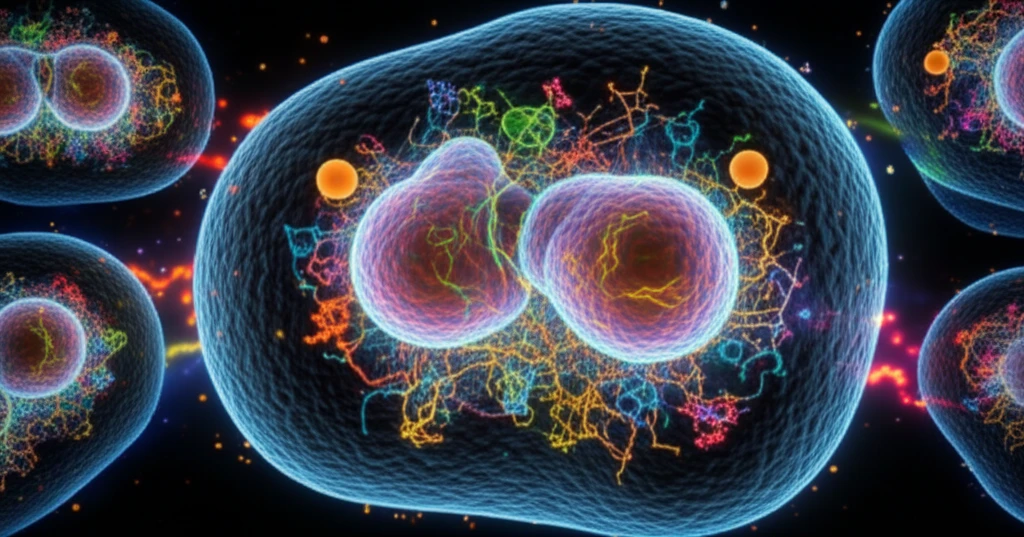
Decoding Disease: How Cutting-Edge Metabolomics is Revolutionizing Biomedicine
"From Cancer to Personalized Medicine: Unveiling the Power of Stable Isotopes in Diagnosing and Treating Illnesses"
In the ever-evolving landscape of biomedical research, a groundbreaking field known as metabolomics is making waves. This discipline, which analyzes the intricate world of metabolites within living organisms, is providing unprecedented insights into the inner workings of health and disease. By examining the small molecules that drive our biological processes, metabolomics offers a unique window into our overall well-being.
One of the most promising approaches within metabolomics involves the use of stable isotopes. These specialized techniques allow scientists to track the dynamic processes within our bodies, offering a deeper understanding of how diseases develop and progress. This article delves into the world of stable isotope-assisted metabolomics, exploring its potential to revolutionize biomedicine and improve patient outcomes.
From understanding the metabolic changes in cancer cells to developing personalized treatments, the applications of this technology are vast and varied. Join us as we explore the science behind these cutting-edge methods and what they mean for the future of healthcare.
What is Metabolomics and Why Does it Matter?

Metabolomics is the comprehensive study of metabolites, the small molecules that participate in the biochemical reactions within a cell, tissue, or organism. These metabolites include everything from sugars and amino acids to fats and vitamins. By analyzing these molecules, researchers can gain a comprehensive snapshot of an organism's current health status. It's like getting a detailed read-out of all the chemical processes happening in your body at any given moment.
- Disease Detection: Metabolomics can identify unique metabolic signatures associated with various diseases, allowing for early and accurate diagnoses.
- Treatment Monitoring: By tracking changes in metabolite levels, doctors can assess how well a patient is responding to a particular treatment.
- Personalized Medicine: Metabolomics can help tailor treatments to individual patients based on their unique metabolic profiles, optimizing outcomes.
- Drug Discovery: Metabolomics can identify new drug targets and help accelerate the development of new medications.
The Future of Metabolomics in Biomedicine
Metabolomics, especially when combined with stable isotope techniques, represents a paradigm shift in how we understand and treat diseases. As technology advances, we can expect even more detailed insights into the complex interplay of metabolites within our bodies. With personalized medicine as the goal, the future of healthcare looks brighter than ever, and metabolomics will be at the forefront of these advancements.
